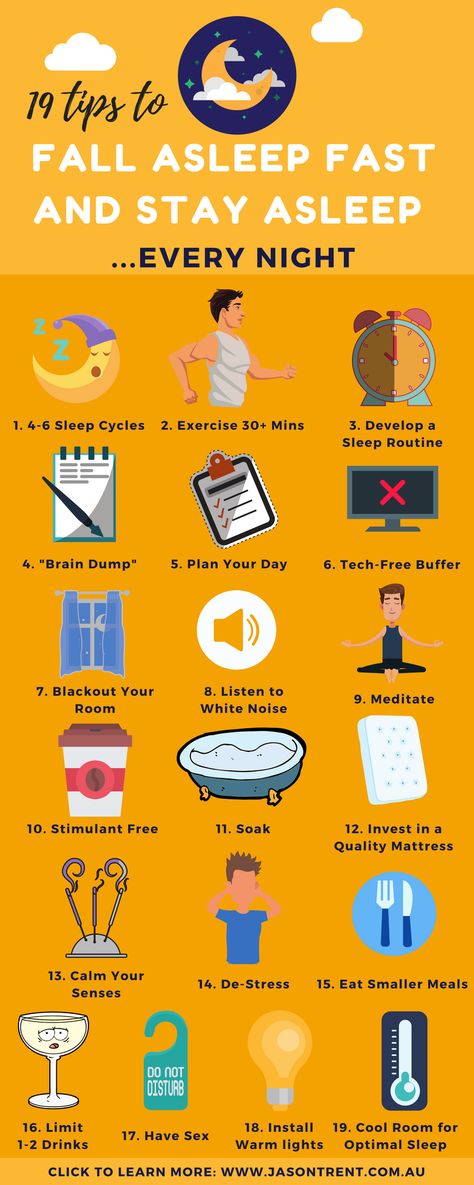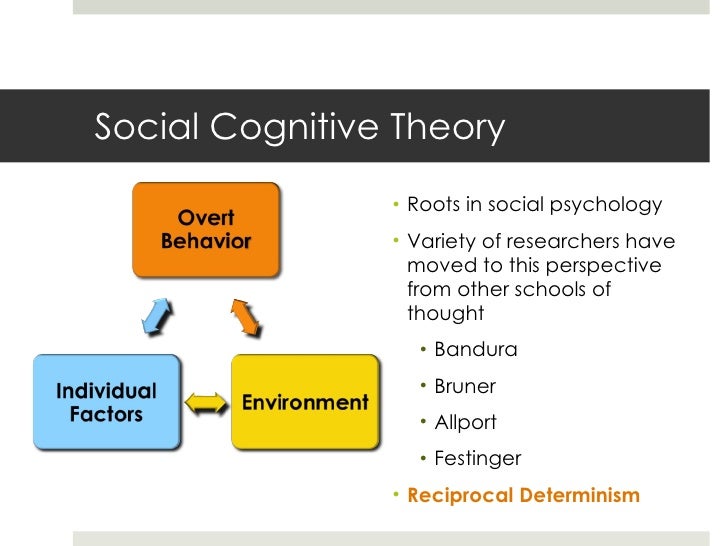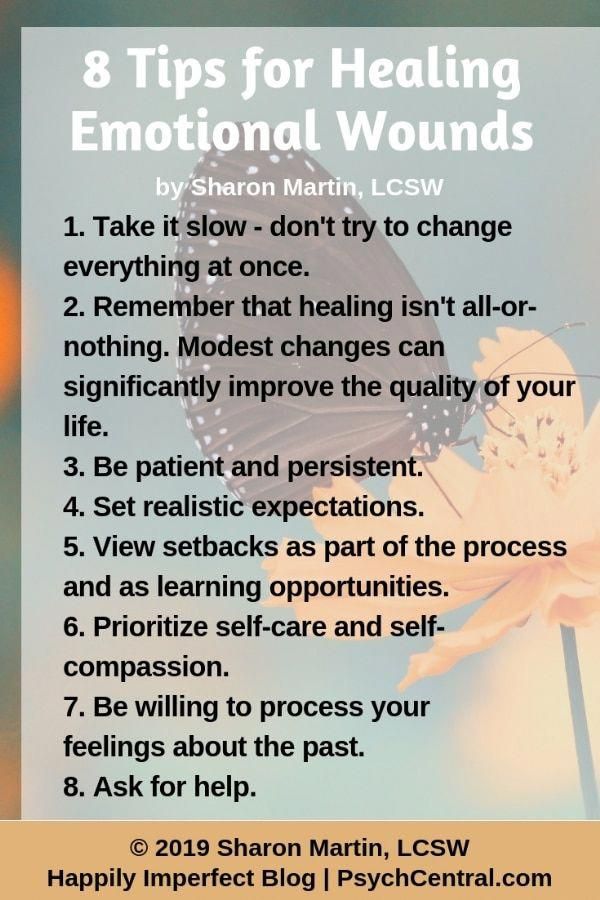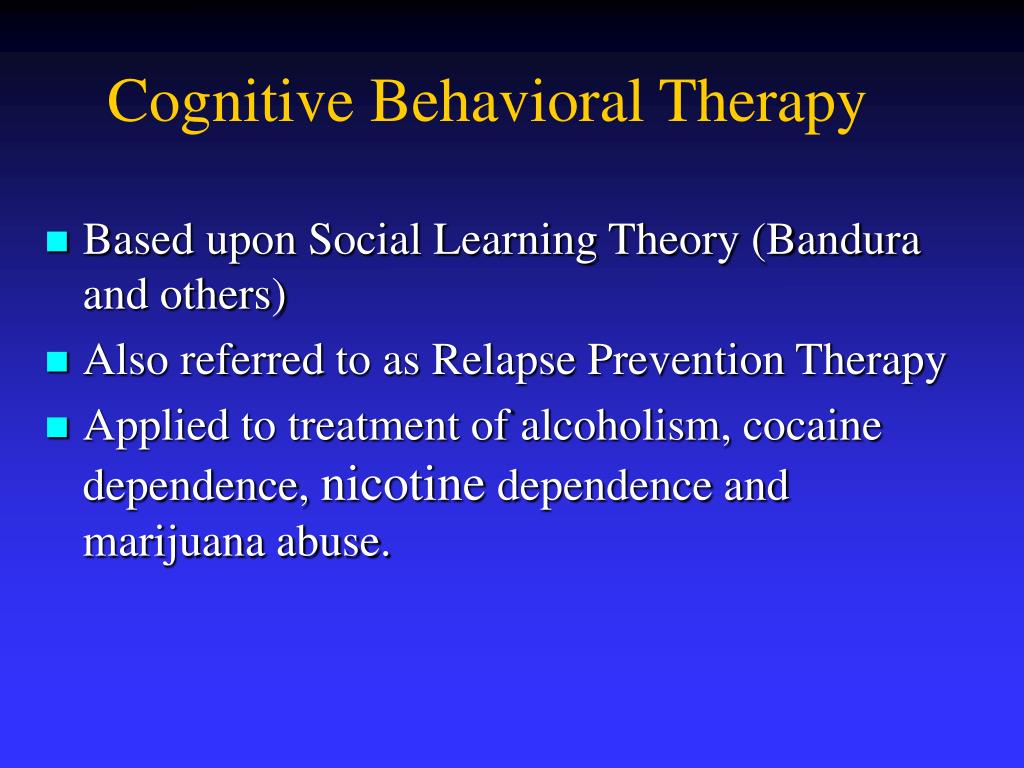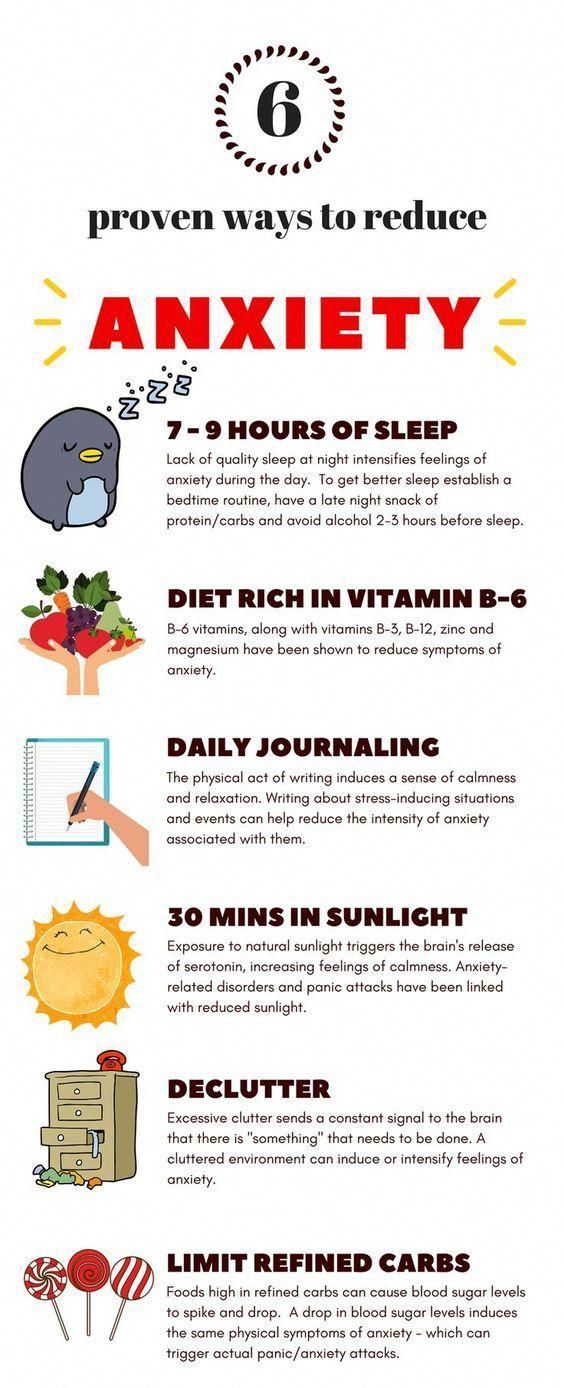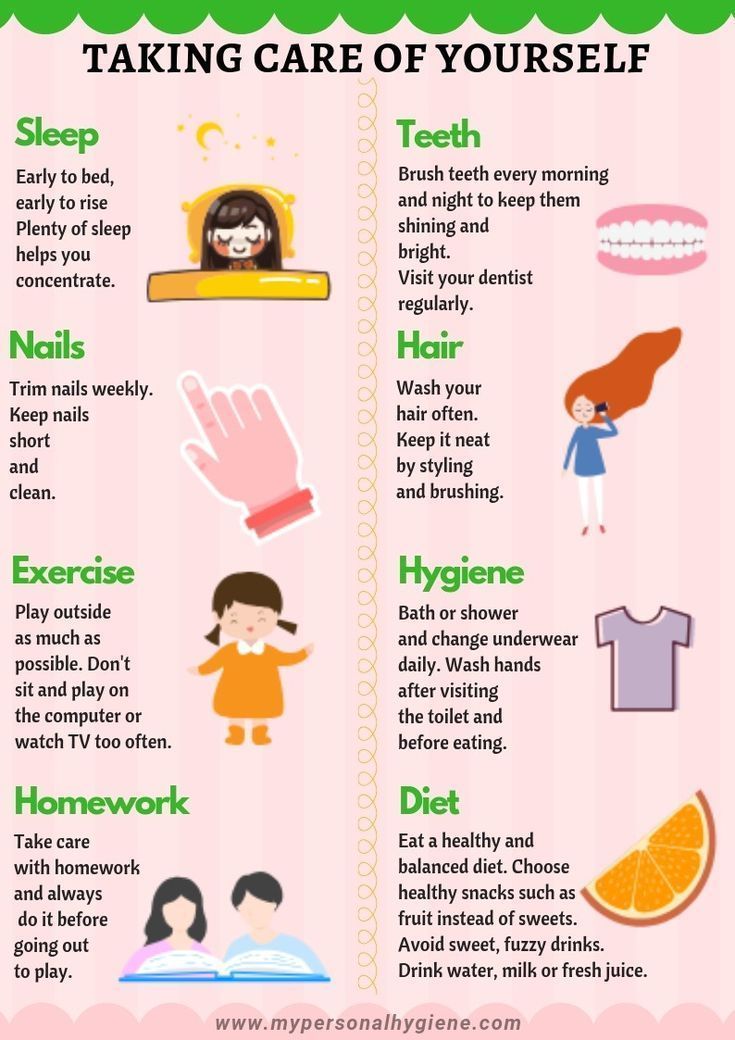How do i deal with suicidal thoughts
How to cope with suicidal thoughts
This page may help you if you are dealing with suicidal thoughts. It has ideas you can try to help you through a crisis. It explains how you can stay safe and where you can go for support. This information is for adults in England who are experiencing suicidal thoughts, their loved ones and anyone interested in the subject.
If you would like more advice or information you can contact our Advice and Information Service by clicking here.
Download Suicidal thoughts - How to cope factsheet
- Overview
- Helping myself
- Emotional support
- Professional support
- Crisis plan & crisis box
- Further Reading
- Useful Contacts
Overview
- Just try to get through today rather than focusing on the future.
- Talk about how you are feeling with someone you trust or an emotional support helpline.
- Contact a health professional such as your GP or Community Mental Health Team (CMHT).
- Try to do activities you enjoy which take your mind off what you are thinking.
- If you are in real danger of taking your own life call emergency services on 999 or go to Accident and Emergency (A&E).
Need more advice?
If you need more advice or information you can contact our Advice and Information Service.
Contact us Contact us
Helping myself
How can I help myself now?
Don’t make a decision today
You don’t need to act on your thoughts right now.
Try to focus on just getting through today and not the rest of your life. You may have had these thoughts before, but you feel less able to cope today.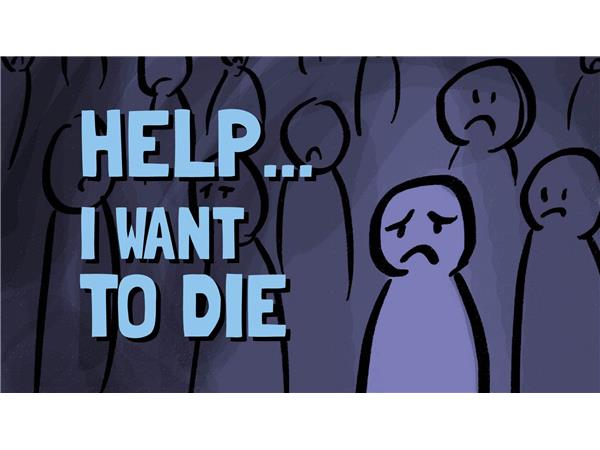 You might find that you are more able to cope in a few days.
You might find that you are more able to cope in a few days.
Look at your crisis plan
Follow your crisis plan if you have one. You may have made a crisis plan with the help of a health professional or made your own.
If you don’t have a crisis plan you could make one. You can start to think of some things which you will find helpful. Keep this plan safe and change it as you need to. There is more information about how to make a crisis plan further down this page.
Look in your crisis box
A crisis box is personal to you and should be filled with items that make you feel happier about life.
If you don’t have a crisis box you can make one. There is more information about crisis boxes further down this page and how to make them.
Be aware of your triggers
Triggers are things which might make you feel worse. Triggers are different for different people. You may find that certain music, photos or films make you feel worse. Try to stay away from these.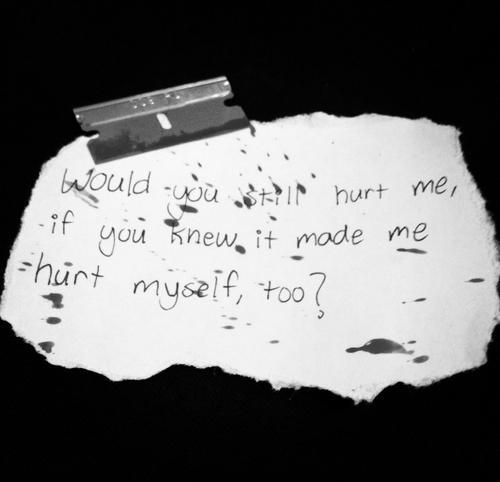
You could create a Wellness Action Plan to help you to be more self aware. It can help you to identify triggers in your life which can make you unwell. It may help you to write down your triggers. If you can understand what your triggers are, it can help you to be more in control of your feelings or stress levels.
You can share your Wellness Action Plan with your family or friends if you want to. Sometimes it is helpful to share with your family and friends because it can help them to understand you more.
Click the below link to see an example of a Wellness Action Plan.
www.webstore.cwp.nhs.uk/publications/WRAP.pdf
Stay away from drugs and alcohol
Alcohol affects the parts of your brain that controls judgement, concentration, behaviour and emotions. Drinking alcohol might make you more likely to act on suicidal thoughts.
Drugs affect the way you think and feel. Different drugs have different effects. For example, cocaine can make you feel happy and more likely to take risks when you take it.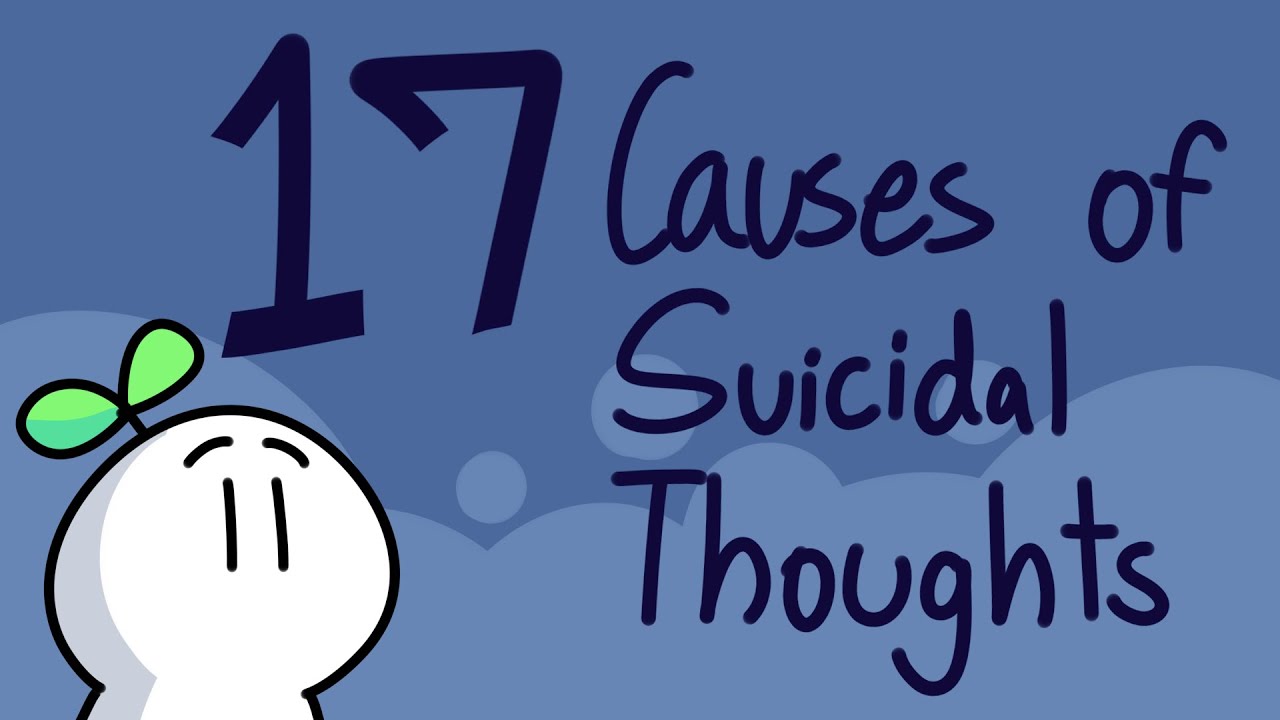 But you may feel depressed after the effects stop. Other drugs can cause hallucinations, confusion and paranoia. You may be more likely to take your own life if you take illegal drugs.
But you may feel depressed after the effects stop. Other drugs can cause hallucinations, confusion and paranoia. You may be more likely to take your own life if you take illegal drugs.
Go to a safe place
Go to a place where you feel safe. Below is a list of places you could try.
- Your bedroom
- Mental health or spiritual centre
- Crisis centre
- Friend’s house
- Library
Stay away from things you could use to harm yourself, such as razor blades or pills. If you have a lot of medication you can ask someone to keep it for you until you are back in control of your feelings.
Talk to other people
It could be helpful for you to talk to someone about how you’re feeling. There are different people who can help. You could speak to friends, family or your GP.
Remember to be patient. Your friends and family may want to help but might not know how to straight away. If this happens, you should tell them what you want from them. You may want to talk about how you’re feeling, or you may want them to help you get professional help.
You may want to talk about how you’re feeling, or you may want them to help you get professional help.
If you don’t want to talk to people you know, you could call an emotional support line, use an emotional support app or use an online support group.
You can find details or emotional support lines and apps in the 'Useful Contacts' at the bottom of this page.
Be around other people
You may find it too difficult to speak to anyone at the moment. That’s ok. But try not to spend too much time alone. You could go to a shopping centre, gym, coffee shop or park. Being around people can help to keep you safe, even if they don’t know how you’re feeling.
Distract yourself
You might feel it is impossible not to focus on your suicidal thoughts or why you feel that way. If you focus on your thoughts it might make them feel stronger and harder to cope with. Try doing things that distract you. Think about what you enjoy doing.
Below are some things you could do as a distraction.
- Read a book or magazine.
- Watch a film or TV.
- Go to a museum.
- Draw or paint.
- Listen to music.
- Play video games. Or other games or puzzles you enjoy.
- Singing
- Spend time with your pet.
- Set small goals to focus on. You could do the laundry, make a cake or tidy or organise something.
Make a list
Make a list of all the positive things about yourself and your life. It might be hard to think of these things right now, but try. Think about your strengths and positive things other people have said about you. At the end of every day write down one thing you felt good about, something you did, or something someone did for you.
Exercise
Exercise can have a good effect on your mood and thinking. Exercise is thought to release dopamine and serotonin. These are ‘feel good’ hormones.
Relax
There are different things you could do to relax such as:
- walk in a green space like a park,
- listen to nature,
- pay attention to nice smells such as coffee shops, your favourite food, a favourite perfume or soap,
- treat yourself to a food you like and pay close attention to how it tastes, how it feels in your mouth and what you like about it, having a bath or shower,
- looking at images that you like, such as photographs,
- meditation or mindfulness,
- breathing techniques or guided meditation.
 You can find these through a podcast or an online video website such as YouTube.
You can find these through a podcast or an online video website such as YouTube.
Mindfulness is a type of meditation. It is when you focus on your mind and body. It is a way of paying attention to the present moment. When you practice mindfulness, you learn to be more aware of your thoughts and feelings. Once you are more aware of your thoughts and feelings, you can learn to deal with them better.
But some people find that using mediation or mindfulness makes their suicidal thoughts worse. If this happens then stop.
You can try a breathing exercise to relax, like the one below.
Breathing exercise for you to try
Sit on a chair or on the floor. Keep your back straight and your shoulders back. Close your eyes and focus on your breathing. Think about how your breathing feels. Slow down your breathing as much as you can. You may find it useful to count as you inhale and exhale. If you start to have upsetting thoughts, bring your focus back to your breathing.
Think about the people you will be leaving behind
You may be thinking thoughts such as the following:
- ‘The world would be a better place without me.’
- ‘My family would be better without me.’
- ‘No one would care if I’m not here.’
These thoughts are common, but not correct. You matter.
Choosing to end your life is likely to have a negative effect on those around you. Even if you don’t think it will. This may be friends, family, neighbours or it may be a healthcare professional such as a doctor or support worker.
You can find more information about ‘Complementary and alternative treatments’ by clicking here.
Emotional support
How can I get emotional support?
Remember that however you feel there are people who will listen and who want to help.
Let family or friends know what you are going through. They may be able to offer support and help keep you safe. They may not be able to make you feel better straight away. But tell them how you feel. They may help you see your situation in a different way or think of other options.
But tell them how you feel. They may help you see your situation in a different way or think of other options.
If you can’t talk to family or friends, you may be able to get emotional support from other places. You could talk to:
- someone from an emotional support line,
- therapist or counsellor
- teacher, tutor or colleague
- religious or spiritual leader
There is a list of emotional support lines in the 'Useful Contacts' section at the bottom of this page.
Professional support
How can I get professional support?
Emergency services and Accident and Emergency (A&E)
If you feel you will take your own life call the emergency services on 999. Ask for an ambulance. Or go to Accident and Emergency (A&E) at your local hospital.
NHS 111
NHS 111 service can help people when it isn’t an emergency. You can call them if you do not have a GP or you do not know who to call. Dial 111 on your phone, it is free. This line is open 24 hours a day 7 days a week.
Dial 111 on your phone, it is free. This line is open 24 hours a day 7 days a week.
Your GP
Your GP might be able to help you get support in a crisis. A GP should be available to speak to you 24 hours a day. If you call your surgery when it’s closed there will be a message to tell you who to call.
Your GP can discuss hospital treatment or refer you to the crisis team. They should do this if you suffer with depression and are a high risk of suicide, self-harm or neglect.
Crisis team or home treatment team
If you are supported by a crisis team, call them. The crisis team are sometimes called the home treatment team.
In some areas you can call the crisis team without a referral from a professional. You can search for your local crisis team online.
Community Mental Health Team (CMHT)
If you are under a Community Mental Health Team (CMHT) call your nurse (CPN) or care coordinator. If they are not there, talk to whoever is on duty that day.
In some areas you can call the CMHT without a referral from a professional. You can search for your local CMHT online.
Recovery or crisis house
A recovery house may be able to help if you are in crisis. A recovery house is a place you would stay whilst you are in crisis. Some recovery houses let you stay for a few days. Some let you stay for a few weeks. It is not a hospital but there will be healthcare professionals onsite.
Usually your GP or other healthcare professional will have to refer you.
There may not be a recovery house in your area. You can check with your crisis team, CMHT or search online to see what is available in your local area.
Charities
Some charities offer emotional support services or support groups. They help by listening to someone’s concerns and giving them space and time to talk through how they feel. Emotional support services are not the same as counselling services.
You can find details of emotional support services in the 'Useful Contacts' section at the bottom of this page.
Rethink Mental Illness have support groups in some areas. You can find out what is available in your area by clicking here.
Or call our General Enquiries team on 0121 522 7007 and ask them for details of local rethink services.
You can find support groups by doing an online search or contacting national mental health charities such as:
- Mind
- Richmond Fellowship
- Together
- Turning point
Crisis plan & crisis box
How do I make a crisis plan or crisis box?
Crisis plan
A crisis plan is sometimes called a safety plan. A plan should be made before you are in crisis, but it is never too late to start. You may need someone to help you to make a crisis plan such as a friend or support worker.
The aim of a crisis plan is to think about what support you need when you are in crisis. You could make a list of things that you could do to help yourself.
You can write down the names and numbers of people who would be able to help you.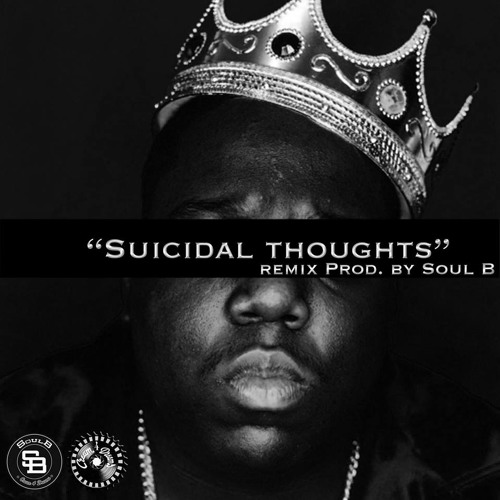 You may find it helpful to include the good things in your life or things that you are looking forward to as part of the plan.
You may find it helpful to include the good things in your life or things that you are looking forward to as part of the plan.
There is no set way for how a crisis plan should look. You can access our crisis plan template by downloading this factsheet using the link at the top of the page.
Crisis box
A crisis box has lots of different names such as a ‘happy box’ or ‘hope box.’ You can call it whatever you like. The idea of a crisis box is that it is filled with items that make you feel better. You can use it when you feel anxious, stressed or suicidal.
The crisis box is personal to you. You can fill it with anything, such as:
- your favourite CD,
- something to distract you, like a puzzle or colouring book,
- reminders of positive things you have learnt in therapy sessions,
- a copy of your crisis plan,
- photographs of people you love and who make you happy, or
- your favourite sweets.
If you don’t know what to put in your box you can look on line for ideas.
The charity Papyrus has more information about crisis boxes. Click the below link for more information:
www.papyrus-uk.org/wp-content/uploads/2018/09/HOPEBOX-resource.pd
Further Reading
Mary Ellen Copeland, PhD. Wellness Recovery Action Plan (WRAP) Plus. Formerly living without Depression and Manic Depression. Dummerston, Vermont: Peach Press; 2010.
Useful Contacts
Samaritans
A charity that offers emotional support for people who are distressed. Local branches offer telephone support and sometimes face to face support.
Telephone: 116 123 (24 hours a day, 7 days a week)
Address: Chris, Freepost RSRB-KKBY-CYJK, PO Box 9090, Stirling, FK8 2SA
Email: [email protected]
Website: www.samaritans.org
ASSISTline
National helpline offering supportive listening service to anyone throughout the UK with thoughts of suicide or thoughts of self-harm. They are open 24/7 for those aged 18 or over.
They are open 24/7 for those aged 18 or over.
Telephone: 0800 689 5652
Website: www.spbristol.org/assistline
Sane
Work with anyone affected by mental illness, including families, friends and carers. Their helpline is open between 4:30pm and 10.30pm every day of the year. They also provide a free text-based support service called Textcare. And an online supportive forum community where anyone can share their experiences of mental health.
Telephone: Because of the COVID pandemic the usual number of 0300 304 7000 isn’t in operation. But you can call 07984 967 708 and leave a message and someone will get back to you. The Support Forum, Textcare and other services are operating as normal.
Textcare: www.sane.org.uk/what_we_do/support/textcare
Support Forum: www.sane.org.uk/what_we_do/support/supportforum
Website: www.sane.org.uk
Shout
A charity that provides support if you’re experiencing a personal crisis and are unable to cope.
Text: text shout to 85258
SupportLine
Support line offers confidential emotional support by telephone, email and post.
Telephone: 01708 765200 (hours vary, ring them for details)
Address: SupportLine, PO Box 2860, Romford, Essex RM7 1JA
E-mail: [email protected]
Website: www.supportline.org.uk/
PAPYRUS
Charity that offers emotional support to people under 35 who are suicidal. They can also support people who are concerned about someone under 35 who might be suicidal. Their helpline is open 9am – midnight every day of the year (weekends and Bank Holidays included).
Telephone: 0800 068 41 41
Text: 07786 209697
Email: [email protected]
Website: www.papyrus-uk.org
C.A.L.M. (Campaign Against Living Miserably)
CALM is leading a movement against suicide. They offer accredited confidential, anonymous and free support, information and signposting to people anywhere in the UK through their helpline and webchat service. Their helpline is open between 5pm and midnight every day of the year.
They offer accredited confidential, anonymous and free support, information and signposting to people anywhere in the UK through their helpline and webchat service. Their helpline is open between 5pm and midnight every day of the year.
Telephone: 0800 58 58 58
Webchat: www.thecalmzone.net/help/webchat/
Website: www.thecalmzone.net
Switchboard
Switchboard gives practical and emotional support for people in the LGBT+ community.
Telephone: 0300 330 0630 (10am – 10pm every day)
E-mail: [email protected]
Webchat: through the website
Website: www.switchboard.lgbt
The Mix
If you’re under 25 and need help but don’t know where to turn, call the Mix for free. They’ll explore your situation with you and find organisations that may be able to help you further. Phones are open 7 days a week from 3pm to 12am. You can also webchat to them 7 days a week from 3pm to 12am, however chats may not be connected after 11:15pm.
You can also webchat to them 7 days a week from 3pm to 12am, however chats may not be connected after 11:15pm.
Telephone: 0808 808 4994
Crisis support: text THEMIX to 85258 for crisis support (24 hours a day, every day) - www.themix.org.uk/get-support/speak-to-our-team/crisis-messenger
E-mail: www.themix.org.uk/get-support/speak-to-our-team/email-us
Telephone Counselling: www.themix.org.uk/get-support/speak-to-our-team/the-mix-counselling-service
Webchat: 1 to 1 chat service - www.themix.org.uk/get-support/speak-to-our-team
Website: www.themix.org.uk
NAPAC
Support adult survivors of childhood abuse.
Telephone: 0808 801 0331. (Monday – Thursday 10am – 9pm and Friday 10am – 6pm)
E-mail: through the website. www.napac.org.uk/contact/
Address: NAPAC, CAN Mezzanine, 7-14 Great Dover St, London, SE1 4YR
Website: www.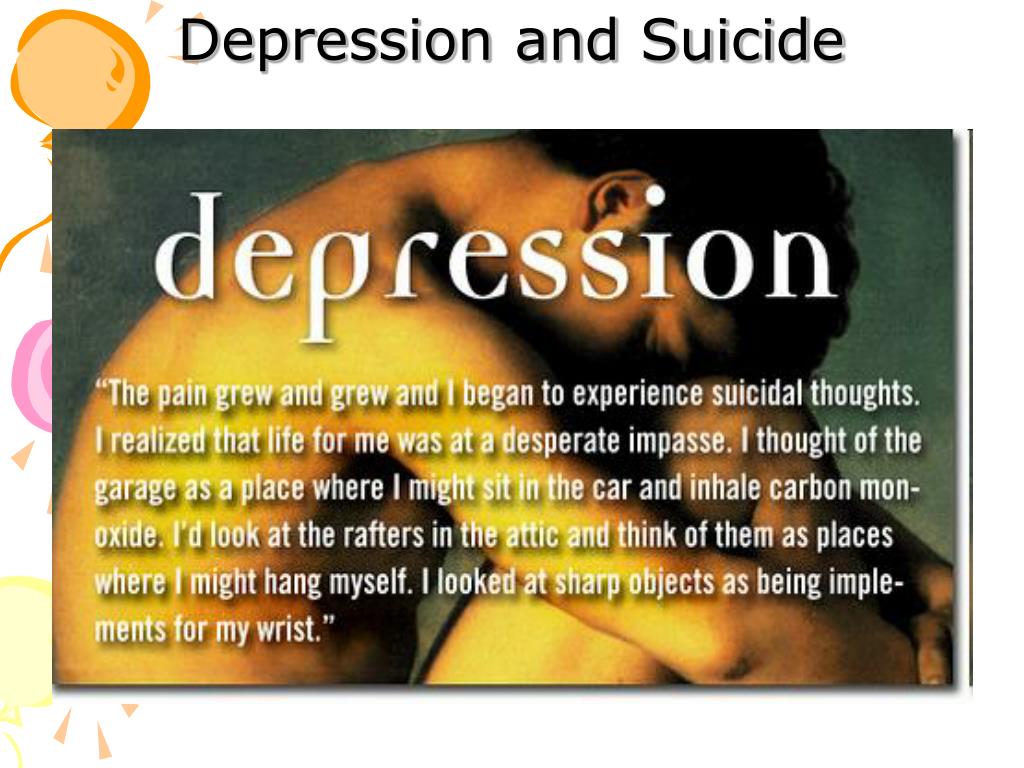 napac.org.uk
napac.org.uk
Combat Stress
Charity who offer support to ex-service men and women who are experiencing problems with their mental health. And their families.
Telephone for veterans and their families: 0800 138 1619. Open 24 hours everyday.
Telephone for serving personnel and their families: 0800 323 4444. Open 24 hours everyday,
Helpline text:07537 404719
Address: Tyrwhitt House, Oaklawn Road, Leatherhead, Surrey, KT22 0BX
Email: [email protected]
Website: www.combatstress.org.uk
Apps
Stay Alive: Health and fitness App - free
The Stay Alive app is a suicide prevention resource for the UK. It has useful information and tools to help you stay safe in crisis. You can use it if you are having thoughts of suicide. Orif you are concerned about someone else who may be considering suicide.
Website: www. preventsuicide.org.uk/stay_alive_suicide_prevention_mobile_phone_application.html
preventsuicide.org.uk/stay_alive_suicide_prevention_mobile_phone_application.html
Headspace
Headspace is designed to help you to manage your mental health. You can access the app for free, you will have access to basic packages. You will have to pay a subscription to access more content.
E-mail: [email protected]
Website: www.headspace.com
Smiling Mind
Free meditation app.
Website: www.smilingmind.com.au
Residential support
Maytree
Maytree is a national registered charity based in London. They provide a unique residential service for people in suicidal crisis so they can talk about their suicidal thoughts and behaviour. They offer a free 4 night, 5 day, one-off stay to adults over the age of 18 from across the UK. Their aim is to provide a safe, confidential, non-medical environment for their guests.
Telephone: 020 7263 7070
Address: 72 Moray Road, Finsbury Park, London, N4 3LG
Email: maytree@maytree. org.uk
org.uk
Website: www.maytree.org.uk
Need more advice?
If you need more advice or information you can contact our Advice and Information Service.
Contact us Contact us
Are You Feeling Suicidal? - HelpGuide.org
suicide
If you’re thinking about suicide, your pain may seem overwhelming and permanent. But there are ways to cope with suicidal thoughts and feelings and overcome the pain.
If you're having suicidal thoughts
No matter how much pain you’re experiencing right now, you’re not alone. Many of us have had suicidal thoughts at some point in our lives. Feeling suicidal is not a character defect, and it doesn’t mean that you are crazy, or weak, or flawed. It only means that you have more pain than you can cope with right now. But with time and support, you can overcome your problems and the pain and suicidal feelings will pass.
But with time and support, you can overcome your problems and the pain and suicidal feelings will pass.
Some of the finest, most admired, needed, and talented people have been where you are now. Many of us have thought about taking our own lives when we've felt overwhelmed by depression and devoid of all hope. But the pain of depression can be treated and hope can be renewed.
No matter what your situation, there are people who need you, places where you can make a difference, and experiences that can remind you that life is worth living. It takes real courage to face death and step back from the brink. You can use that courage to face life, to learn coping skills for overcoming depression, and for finding the strength to keep going. Remember:
- Your emotions are not fixed—they are constantly changing. How you feel today may not be the same as how you felt yesterday or how you'll feel tomorrow or next week.
- Your absence would create grief and anguish in the lives of friends and loved ones.

- There are many things you can still accomplish in your life.
- There are sights, sounds, and experiences in life that have the ability to delight and lift you—and that you would miss.
- Your ability to experience pleasurable emotions is equal to your ability to experience distressing emotions.
Affordable private online therapy. Get instant help, on any device, wherever you are in the world. Start feeling better today!
GET 20% OFF
With over 25,000 licensed counselors, BetterHelp has a therapist that fits your needs. Sign up today and get matched.
GET 20% OFF
Get professional online counseling for relationship or marital issues. It’s confidential and convenient to get started.
GET 20% OFF
Why do I feel suicidal?
Many kinds of emotional pain can lead to thoughts of suicide. The reasons for this pain are unique to each one of us, and the ability to cope with the pain differs from person to person. We are all different. There are, however, some common causes that may lead us to experience suicidal thoughts and feelings.
There are, however, some common causes that may lead us to experience suicidal thoughts and feelings.
Why suicide can seem like the only option
If you are unable to think of solutions other than suicide, it is not that other solutions don't exist, but rather that you are currently unable to see them. The intense emotional pain that you're experiencing right now can distort your thinking so it becomes harder to see possible solutions to problems—or to connect with those who can offer support.
Therapists, counselors, friends, or loved ones can help you to see solutions that otherwise may not be apparent to you. Please give them a chance to help.
A suicidal crisis is almost always temporary
Although it might seem as if your pain and unhappiness will never end, it is important to realize that crises are usually temporary. Solutions are often found, feelings change, unexpected positive events occur. Remember: suicide is a permanent solution to a temporary problem. Give yourself the time necessary for things to change and the pain to subside.
Give yourself the time necessary for things to change and the pain to subside.
Even problems that seem hopeless have solutions
Mental health conditions such as depression, schizophrenia, and bipolar disorder are all treatable with changes in lifestyle, therapy, and medication. Most people who seek help can improve their situation and recover.
Even if you have received treatment for a disorder before, or if you've already made attempts to solve your problems, know that it's often necessary to try different approaches before finding the right solution or combination of solutions. When medication is prescribed, for example, finding the right dosage often requires an ongoing process of adjustment. Don't give up before you've found the solution that works for you. Virtually all problems can be treated or resolved.
Take these immediate actions
If you're feeling suicidal at this moment, please follow these five steps:
Step #1: Promise not to do anything right now
Even though you're in a lot of pain right now, give yourself some distance between thoughts and action. Make a promise to yourself: “I will wait 24 hours and won't do anything drastic during that time.” Or, wait a week.
Make a promise to yourself: “I will wait 24 hours and won't do anything drastic during that time.” Or, wait a week.
Thoughts and actions are two different things—your suicidal thoughts do not have to become a reality. There is no deadline, no one's pushing you to act on these thoughts immediately. Wait. Wait and put some distance between your suicidal thoughts and suicidal action.
Step #2: Avoid drugs and alcohol
Suicidal thoughts can become even stronger if you have taken drugs or alcohol. It is important to not use nonprescription drugs or alcohol when you feel hopeless or are thinking about suicide.
Step #3: Make your home safe
Remove things you could use to hurt yourself, such as pills, knives, razors, or firearms. If you are unable to do so, go to a place where you can feel safe. If you are thinking of taking an overdose, give your medicines to someone who can return them to you one day at a time as you need them.
Step #4: Don't keep these suicidal feelings to yourself
Many of us have found that the first step to coping with suicidal thoughts and feelings is to share them with someone we trust. It may be a family member, friend, therapist, member of the clergy, teacher, family doctor, coach, or an experienced counselor at the end of a helpline.
It may be a family member, friend, therapist, member of the clergy, teacher, family doctor, coach, or an experienced counselor at the end of a helpline.
Find someone you trust and let them know how bad things are. Don't let fear, shame, or embarrassment prevent you from seeking help. And if the first person you reach out to doesn't seem to understand, try someone else. Just talking about how you got to this point in your life can release a lot of the pressure that's building up and help you find a way to cope.
Step #5: Take hope – people DO get through this
Even people who feel as badly as you are feeling now manage to survive these feelings. Take hope in this. There is a very good chance that you are going to live through these feelings, no matter how much self-loathing, hopelessness, or isolation you are currently experiencing. Just give yourself the time needed and don't try to go it alone.
Reaching out for help
Even if it doesn't feel like it right now, there are many people who want to support you during this difficult time. Reach out to someone. Do it now. If you promised yourself 24 hours or a week in step #1 above, use that time to tell someone what's going on with you. Talk to someone who won't try to argue about how you feel, judge you, or tell you to just “snap out of it.” Find someone who will simply listen and be there for you.
Reach out to someone. Do it now. If you promised yourself 24 hours or a week in step #1 above, use that time to tell someone what's going on with you. Talk to someone who won't try to argue about how you feel, judge you, or tell you to just “snap out of it.” Find someone who will simply listen and be there for you.
It doesn't matter who it is, as long as it's someone you trust and who is likely to listen with compassion and acceptance.
How to talk to someone about your suicidal thoughts
Even when you've decided who you can trust to talk to, admitting your suicidal thoughts to another person can be difficult.
- Tell the person exactly what you are telling yourself. If you have a suicide plan, explain it to them.
- Phrases such as, ‘I can't take it anymore' or ‘I'm done' are vague and do not illustrate how serious things really are. Tell the person you trust that you are thinking about suicide.
- If it is too difficult for you to talk about, try writing it down and handing a note to the person you trust.
 Or send them an email or text and sit with them while they read it.
Or send them an email or text and sit with them while they read it.
What if you don't feel understood?
If the first person you reached out to doesn't seem to understand, tell someone else or call a suicide crisis helpline. Don't let a bad experience stop you from finding someone who can help.
If you don't know who to turn to:
In the U.S. – Call the 988 Suicide and Crisis Lifeline at 988 or IMAlive at 1-800-784-2433.
In the UK and Ireland – Call Samaritans UK at 116 123
In Australia – Call Lifeline Australia at 13 11 14
In other countries – Visit IASP or Suicide.org to find a helpline in your country.
How to cope with suicidal thoughts
Remember that while it may seem as if these suicidal thoughts and feelings will never end, this is never a permanent condition. You WILL feel better again. In the meantime, there are some ways to help cope with your suicidal thoughts and feelings.
| If You Have Suicidal Thoughts and Feelings | |
| Things to do: | |
| Talk with someone every day, preferably face to face. Even though you may feel like withdrawing, ask trusted friends and acquaintances to spend time with you. Or continue to call a crisis helpline and talk about your feelings. | |
| Make a safety plan. Develop a set of steps that you can follow during a suicidal crisis. It should include contact numbers for your doctor or therapist, as well as friends and family members who will help in an emergency. | |
| Make a written schedule for yourself every day and stick to it, no matter what. Keep a regular routine as much as possible, even when your feelings seem out of control. | |
Get out in the sun or into nature for at least 30 minutes a day.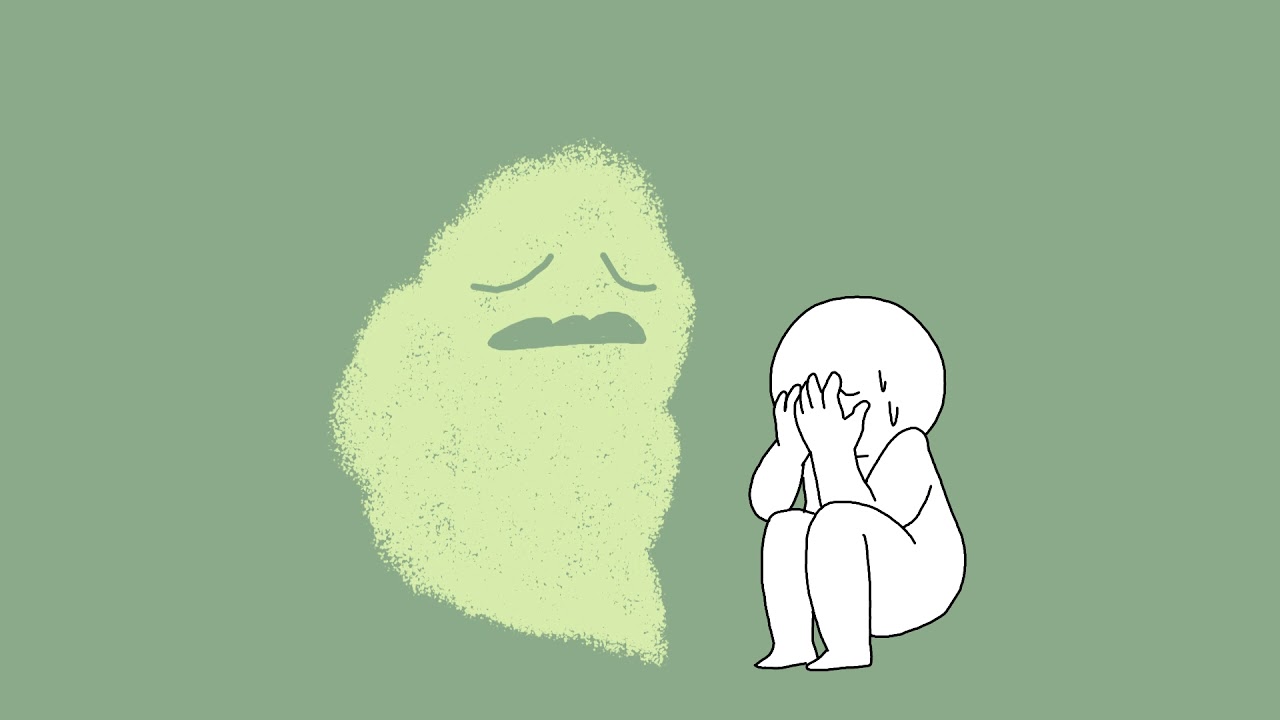 | |
| Exercise as vigorously as is safe for you. To get the most benefit, aim for 30 minutes of exercise per day. But you can start small. Three 10-minute bursts of activity can have a positive effect on mood. | |
| Make time for things that bring you joy. Even if very few things bring you pleasure at the moment, force yourself to do the things you used to enjoy. | |
| Remember your personal goals. You may have always wanted to travel to a particular place, read a specific book, own a pet, move to another place, learn a new hobby, volunteer, go back to school, or start a family. Write your personal goals down. | |
| Things to avoid: | |
| Being alone. Solitude can make suicidal thoughts even worse. Visit a friend, or family member, or pick up the phone and call a crisis helpline. | |
Alcohol and drugs. Drugs and alcohol can increase depression, hamper your problem-solving ability, and can make you act impulsively. Drugs and alcohol can increase depression, hamper your problem-solving ability, and can make you act impulsively. | |
| Doing things that make you feel worse. Listening to sad music, looking at certain photographs, reading old letters, or visiting a loved one's grave can all increase negative feelings. | |
| Thinking about suicide and other negative thoughts. Try not to become preoccupied with suicidal thoughts as this can make them even stronger. Don't think and rethink negative thoughts. Find a distraction. Giving yourself a break from suicidal thoughts can help, even if it's for a short time. | |
Recovering from suicidal thoughts
Even if your suicidal thoughts and feelings have subsided, get help for yourself. Experiencing that sort of emotional pain is itself a traumatizing experience. Finding a support group or therapist can be very helpful in decreasing the chances that you will feel suicidal again in the future.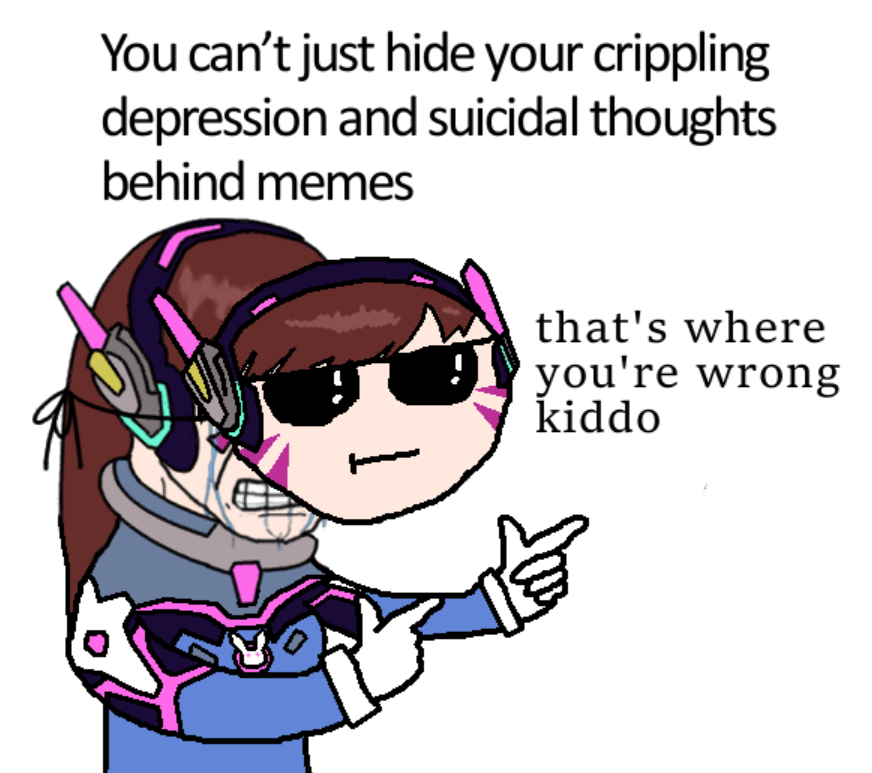
You can get help and referrals from your doctor or from the crisis lines listed below.
- Identify triggers or situations that lead to feelings of despair or generate suicidal thoughts, such as an anniversary of a loss, alcohol, or stress from relationships. Find ways to avoid these places, people, or situations.
- Take care of yourself. Eat right, don't skip meals, and get plenty of sleep. Exercise is also key: it releases endorphins, relieves stress, and promotes emotional well-being.
- Build your support network. Surround yourself with positive influences and people who make you feel good about yourself. The more you're invested in other people and your community, the more you have to lose—which will help you stay positive and on the recovery track.
- Develop new activities and interests. Find new hobbies, volunteer activities, or work that gives you a sense of meaning and purpose. When you're doing things you find fulfilling, you'll feel better about yourself and feelings of despair are less likely to return.

- Learn to deal with stress in a healthy way. Find healthy ways to keep your stress levels in check, including exercising, meditating, using sensory strategies to relax, practicing simple breathing exercises, and challenging self-defeating thoughts.
Advertisement
Reduce Stress, Enhance Your Health and Achieve Balance in Your Life
Learn how Mindfulness-Based Stress Reduction (MBSR) can help you to experience less anxiety, less stress, and less physical and emotional pain and illness with this online program from Sounds True.
SIGN UP TODAY
Suicide crisis lines in the U.S.:
988 Suicide and Crisis Lifeline at 988 or IMAlive at 1-800-784-2433.
The Trevor Project offers suicide prevention services for LGBTQ youth at 1-866-488-7386.
SAMHSA's National Helpline offers referrals for substance abuse and mental health treatment at 1-800-662-4357.
Suicide crisis lines worldwide:
In the UK and Ireland: Call Samaritans UK at 116 123.
In Australia: Call Lifeline Australia at 13 11 14.
In Canada: Call Crisis Services Canada at 1-833-456-4566.
In other countries: Find a helpline near you at Befrienders Worldwide, IASP, or International Suicide Hotlines.
Authors: Jaelline Jaffe, Ph.D., Lawrence Robinson, and Jeanne Segal, Ph.D.
Last updated: October 2021
- References
Depressive Disorders. (2013). In Diagnostic and Statistical Manual of Mental Disorders. American Psychiatric Association. https://doi.org/10.1176/appi.books.9780890425787.x04_Depressive_Disorders
Stone, Deborah M. “Vital Signs: Trends in State Suicide Rates — United States, 1999–2016 and Circumstances Contributing to Suicide — 27 States, 2015.
 ” MMWR. Morbidity and Mortality Weekly Report 67 (2018). https://www.cdc.gov/mmwr/volumes/67/wr/mm6722a1.htm
” MMWR. Morbidity and Mortality Weekly Report 67 (2018). https://www.cdc.gov/mmwr/volumes/67/wr/mm6722a1.htm“Suicide Worldwide in 2019.” Accessed October 14, 2021. https://www.who.int/publications-detail-redirect/9789240026643
Curtin, Sally C. “Increase in Suicide in the United States, 1999–2014,” no. 241 (2016): 8. https://www.cdc.gov/nchs/data/databriefs/db241.pdf
McHugh, Catherine M., Amy Corderoy, Christopher James Ryan, Ian B. Hickie, and Matthew Michael Large. “Association between Suicidal Ideation and Suicide: Meta-Analyses of Odds Ratios, Sensitivity, Specificity and Positive Predictive Value.” BJPsych Open 5, no. 2 (January 31, 2019): e18. https://doi.org/10.1192/bjo.2018.88
Rudd, M. David, Craig J. Bryan, Evelyn G. Wertenberger, Alan L. Peterson, Stacey Young-McCaughan, Jim Mintz, Sean R. Williams, et al. “Brief Cognitive-Behavioral Therapy Effects on Post-Treatment Suicide Attempts in a Military Sample: Results of a Randomized Clinical Trial With 2-Year Follow-Up.
 ” American Journal of Psychiatry 172, no. 5 (May 1, 2015): 441–49. https://doi.org/10.1176/appi.ajp.2014.14070843
” American Journal of Psychiatry 172, no. 5 (May 1, 2015): 441–49. https://doi.org/10.1176/appi.ajp.2014.14070843Stanley, Barbara, Gonzalo Martínez-Alés, Ilana Gratch, Mina Rizk, Hanga Galfalvy, Tse-Hwei Choo, and J. John Mann. “Coping Strategies That Reduce Suicidal Ideation: An Ecological Momentary Assessment Study.” Journal of Psychiatric Research 133 (January 1, 2021): 32–37. https://doi.org/10.1016/j.jpsychires.2020.12.012
Simon, Gregory E, Carolyn M Rutter, Do Peterson, Malia Oliver, Ursula Whiteside, Belinda Operskalski, and Evette J Ludman. “Do PHQ Depression Questionnaires Completed During Outpatient Visits Predict Subsequent Suicide Attempt or Suicide Death?” Psychiatric Services (Washington, D.C.) 64, no. 12 (December 1, 2013): 1195–1202. https://doi.org/10.1176/appi.ps.201200587
McCauley, Elizabeth, Michele S. Berk, Joan R. Asarnow, Molly Adrian, Judith Cohen, Kathyrn Korslund, Claudia Avina, et al. “Efficacy of Dialectical Behavior Therapy for Adolescents at High Risk for Suicide: A Randomized Clinical Trial.
 ” JAMA Psychiatry 75, no. 8 (August 1, 2018): 777. https://doi.org/10.1001/jamapsychiatry.2018.1109
” JAMA Psychiatry 75, no. 8 (August 1, 2018): 777. https://doi.org/10.1001/jamapsychiatry.2018.1109Fox, Kathryn R., Xieyining Huang, Eleonora M. Guzmán, Kensie M. Funsch, Christine B. Cha, Jessica D. Ribeiro, and Joseph C. Franklin. “Interventions for Suicide and Self-Injury: A Meta-Analysis of Randomized Controlled Trials across Nearly 50 Years of Research.” Psychological Bulletin 146, no. 12 (December 2020): 1117–45. https://doi.org/10.1037/bul0000305
“NIMH » New Pathways for Implementing Universal Suicide Risk Screening in Healthcare Settings.” Accessed October 14, 2021. https://www.nimh.nih.gov/news/science-news/2018/new-pathways-for-implementing-universal-suicide-risk-screening-in-healthcare-settings
Bryan, Craig J., Jonathan E. Butner, Alexis M. May, Kelsi F. Rugo, Julia A. Harris, D. Nicolas Oakey, David C. Rozek, and AnnaBelle O. Bryan. “Nonlinear Change Processes and the Emergence of Suicidal Behavior: A Conceptual Model Based on the Fluid Vulnerability Theory of Suicide.
 ” New Ideas in Psychology 57 (April 1, 2020): 100758. https://doi.org/10.1016/j.newideapsych.2019.100758
” New Ideas in Psychology 57 (April 1, 2020): 100758. https://doi.org/10.1016/j.newideapsych.2019.100758
If you are thinking about suicide, read this first – Tips for getting you through when you're feeling suicidal. (Metanoia.org)
Suicide information – Information for those considering suicide or have attempted suicide in the past. (NHS)
Coping with Suicidal Thoughts (PDF) – How to understand your suicidal feelings and how to develop a safety plan. (Consortium for Organizational Mental Health)
Last updated: November 1, 2022
Get help & support for suicide
If you’re in emotional distress or suicidal crisis, find help in your area with Find a helpline.
If you believe that someone else is in danger of suicide and you have their contact information, contact your local law enforcement for immediate help. You can also encourage the person to contact a suicide prevention hotline using the information above.
Learn more about personal crisis information with Google Search.
Google’s crisis information comes from high-quality websites, partnerships, medical professionals, and search results.
Important: Partnerships vary by country and region.
| Country | Hotline organization | Website | Phone number |
|---|---|---|---|
| Argentina | Centro de Asistencia al Suicida | www.asistenciaalsuicida.org | (011) 5275-1135 |
| Australia | Lifeline Australia | www.lifeline.org | 13 11 14 |
| Austria | Telefon Seelsorge Osterreich | www.telefonseelsorge.at | 142 |
| Belgium | Center de Prevention du Suicide | www.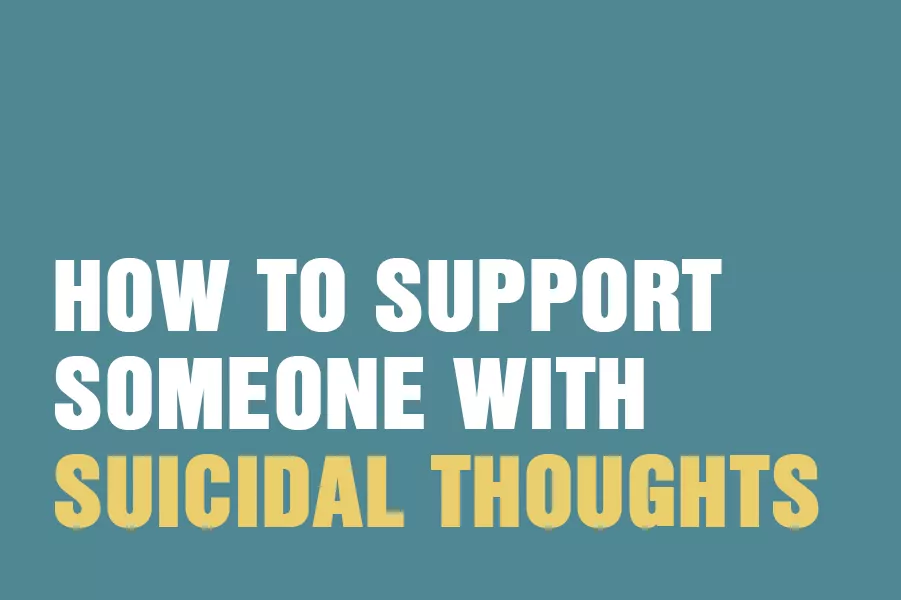 preventionsuicide.be preventionsuicide.be | 0800 32 123 |
| Belgium | CHS Helpline | www.chsbelgium.org | 02 648 40 14 |
| Belgium | Zelfmoord 1813 | www.zelfmoord1813.be | 1813 |
| Brazil | Centro de Valorização da Vida | www.cvv.org | 188 |
| Canada | Crisis Services Canada | crisisservicescanada.ca | 833-456-4566 |
| Chile | Ministry of Health of Chile | www.hospitaldigital.gob | 6003607777 |
| China | Beijing Suicide Research and Prevention Center | www.crisis.org | 800-810-1117 |
| Costa Rica | Colegio de Profesionales en Psicologia de Costa Rica | psicologiacr. com/aqui-estoy com/aqui-estoy | 2272-3774 |
| France | SOS Amitié | www.sos-amitie.org | 09 72 39 40 50 |
| Germany | Telefon Seelsorge Deutschland | www.telefonseelsorge.de | 0800 1110111 |
| Hong Kong | Suicide Prevention Services | www.sps.org | 2382 0000 |
| India | iCall Helpline | icallhelpline.org | 9152987821 |
| Ireland | Samaritans Ireland | www.samaritans.org/how-we-can-help | 116 123 |
| Israel | [Eran] ער"ן | www.eran.org | 1201 |
| Italy | Samaritans Onlus | www.samaritansonlus.org | 06 77208977 |
| Japan | Ministry of Education, Culture, Sports, Science and Technology | www.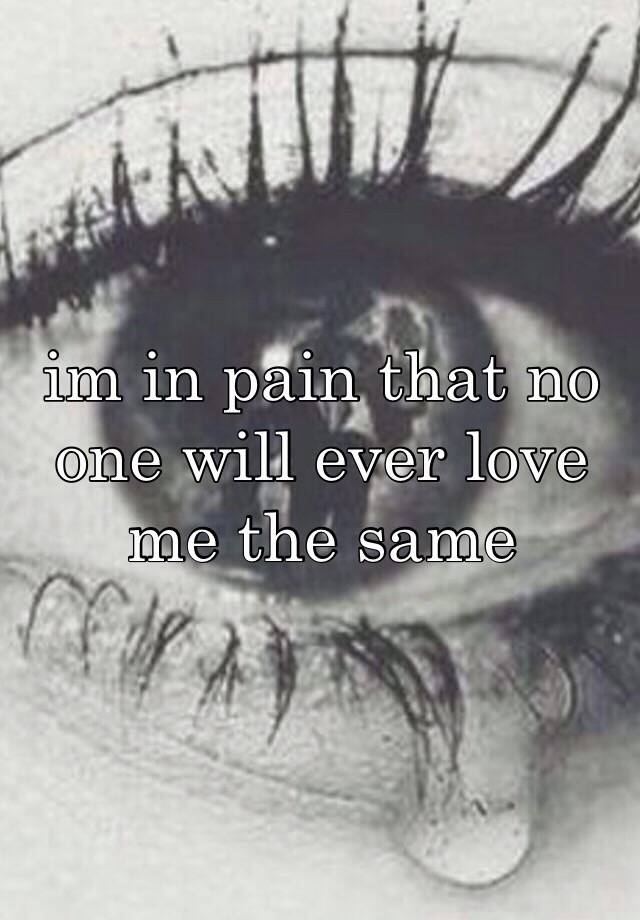 mext.go.jp mext.go.jp | 81-0120-0-78310 |
| Japan | Ministry of Health, Labor and Welfare of Japan | www.mhlw.go | 0570-064-556 |
| Malaysia | Befrienders KL | www.befrienders.org | 03-76272929 |
| Netherlands | 113Online | www.113.nl | 0800-0113 |
| New Zealand | Lifeline Aotearoa Incorporated | www.lifeline.org | 0800 543 354 |
| Norway | Mental Helse | mentalhelse.no | 116 123 |
| Pakistan | Umang Pakistan | www.umang.com.pk/ | 0311-7786264 |
| Peru | Linea 113 Salud | www.gob.pe/555-recibir-informacion-y-orientacion-en-salud | 113 |
| Philippines | Department of Health - Republic of the Philippines | doh. gov.ph/NCMH-Crisis-Hotline gov.ph/NCMH-Crisis-Hotline | 0966-351-4518 |
| Portugal | SOS Voz Amiga | www.sosvozamiga.org | 213 544 545 963 524 660 912 802 669 |
| Russia | Fund to Support Children in Difficult Life Situations | www.ya-parent.ru | 8-800-2000-122 |
| Singapore | Samaritans of Singapore | www.sos.org | 1-767 |
| South Africa | South African Depression and Anxiety Group | www.sadag.org | 0800 567 567 |
| South Korea | Korea Suicide Prevention Center중앙자살예방센터 | www.spckorea.or | 1393 |
| Spain | Telefono de la Esperanza | www.telefonodelaesperanza. org org | 717 003 717 |
| Switzerland | Die Dargebotene Hand | www.143.ch | 143 |
| Taiwan | 国际生命线台湾总会 [International Lifeline Taiwan Association] | www.life1995.org | 1995 |
| Ukraine | Lifeline Ukraine | lifelineukraine.com | 7333 |
| United Kingdom | Samaritans | www.samaritans.org/how-we-can-help | 116 123 |
| United States | 988 Suicide & Crisis Lifeline | 988lifeline.org | 988 |
How can we improve it?
Ask the Help Community
Get answers from community expertsTransfers
home
Parents
Helpline
Information about the unified all-Russian children’s helpline
0446 8-800-2000-122 .
When calling this number in any locality of the Russian Federation from fixed or mobile phones, children in difficult life situations, adolescents and their parents, other citizens can receive emergency psychological assistance, which is provided by specialists of services already operating in the constituent entities of the Russian Federation that provide services for telephone counseling and connected to a single all-Russian number of children's helpline.
Confidentiality and free of charge are the two main principles of the children's helpline. This means that every child and parent can anonymously and free of charge receive psychological assistance and the secrecy of his call to the helpline is guaranteed.
Working hours of the children's helpline in the constituent entities of the Russian Federation
(as of October 1, 2013)
Name of the subject of the Russian Federation 9Arkhangelsk region 09. 00-22.00 00-22.00 | |||
| 22 | with Nenets Autonomous Okrug | daily 09.00-17.30 | |
| 23 | Vologda region | around the clock | |
| 24 | Kaliningrad region | daily0039 | around the clock |
| 35 | Chechen Republic 08.30-20.00 | ||
| South Federal District | |||
| 37 | Republic of Adygea | ||
| Kalmykia | Pon-Pip. 8.00-17.00 | ||
| 3 | |||
| 80 | Magadan region | Pon.-Pon. 10.00.22.00 | |
| 81 | Sakhalin Region | ||
| 900 | |||
| 83 | Chukotka AO | Mon-Fri 09.00-22.00, closed 16.00-22.00 | |
Infographics. The principle of operation of a single federal helpline number for children, adolescents and their parents
Information from the regions about the work of the children's helpline
12/28/2016
What to do when there is a problem, but there is no one to tell about it?
12/28/2016
Online psychologists are ready to save children from bullying
12/28/2016
What problems do residents of the Irkutsk region call the helpline
09.

